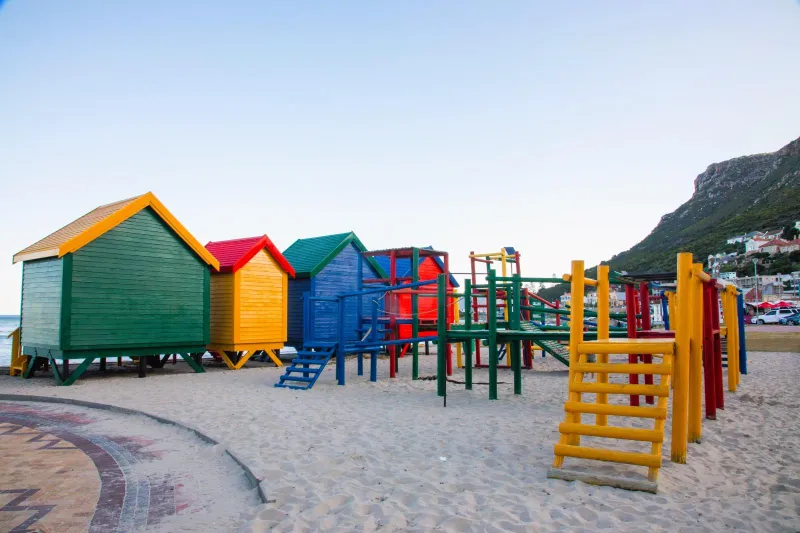Read of the week: The Predicament
Discover William Boyd's 'The Predicament', the thrilling second instalment of the Gabriel Dax trilogy, where Cold War tensions meet personal dilemmas in a captivating ...
Fish Hoek AFC expands its girls and women's football programme
Fish Hoek AFC is opening doors for female footballers of all ages and skill levels as it expands its girls and ladies programme ahead of the new season. With upgraded ...
Peninsula Marathon — a last-chance qualifier for Two Oceans Ultra
The Mother City’s iconic coastal route witnessed sweat, tears, and triumph on Sunday as hundreds of runners raced in the Peninsula Marathon, chasing qualification ...
Celebrating community spirit at Ocean View's Early Childhood Development sports day
Despite the rain, over 180 children from seven Ocean View Early Childhood Development centres came together for a spirited sports day, showcasing resilience, joy, ...
Cape to Rio champions rescued by SA Navy after yacht sinks in Atlantic
In a dramatic maritime rescue operation, three South African sailors who had just won the prestigious 2026 Cape to Rio Yacht Race were brought safely to shore by ...
Indemnity form scrapped at Table Mountain National Park for a smoother visitor experience
Visitors to Table Mountain National Park can now enjoy a hassle-free experience as the controversial indemnity form is scrapped, paving the way for a new digital ...
Join the fight: Help Childline Western Cape raise R1.5 million at their urgent fundraising concert
Join Childline Western Cape's mission to raise R1.5 million for vulnerable children at the Healing through the Arts concert on March 6. Enjoy inspiring performances ...
Experience The Complete Works of William Shakespeare (Abridged) at The Masque Theatre
Don't miss F Creations' fast-paced comedy, The Complete Works of William Shakespeare (Abridged), at The Masque Theatre from February 26 to March 7. Experience all ...
Cape Town softball teams shine at the Gordon Monk Tournament
When the Cape Town Softball Association sent two teams to Gauteng's prestigious Gordon Monk Tournament, many players experienced more than just high-level competition ...
